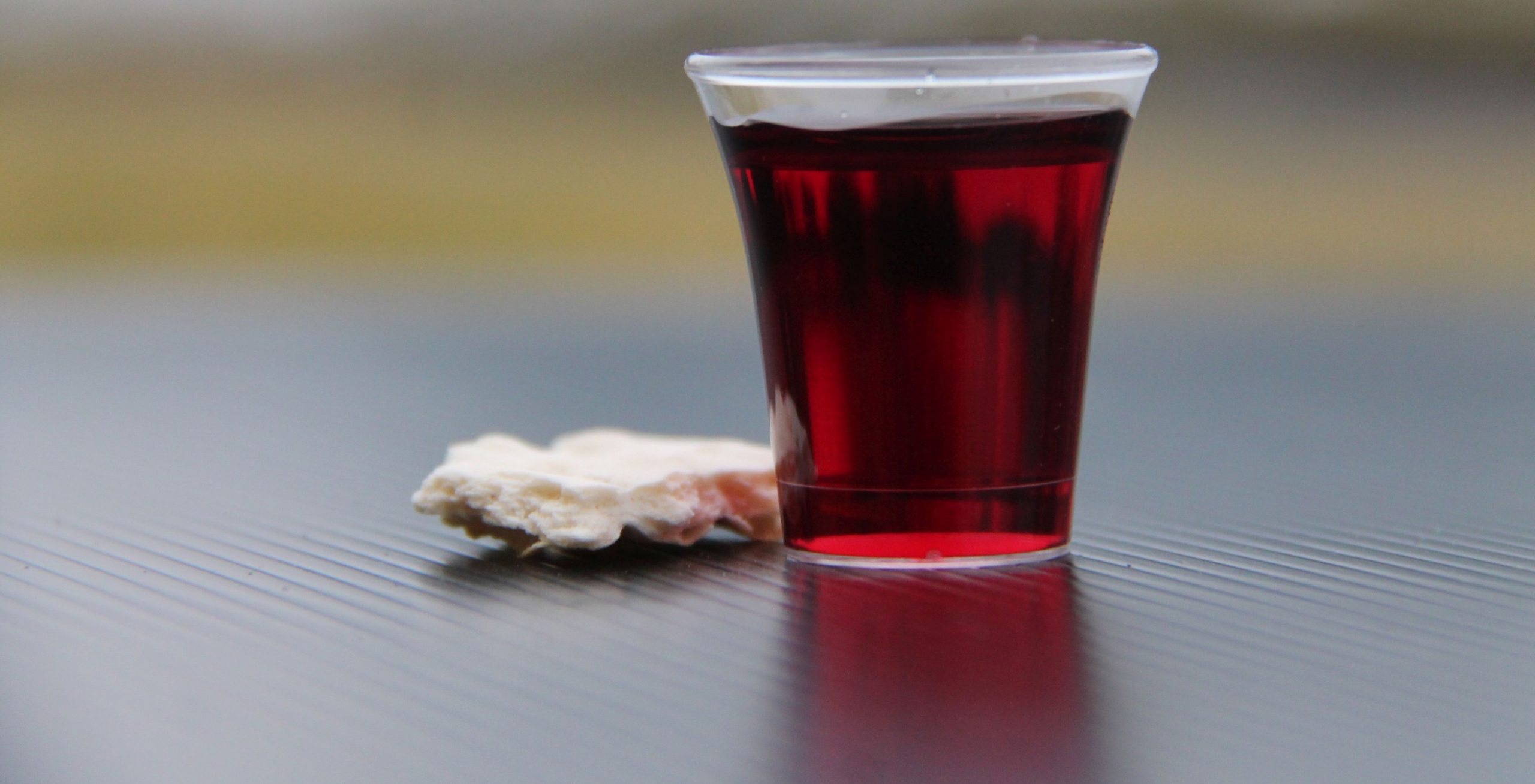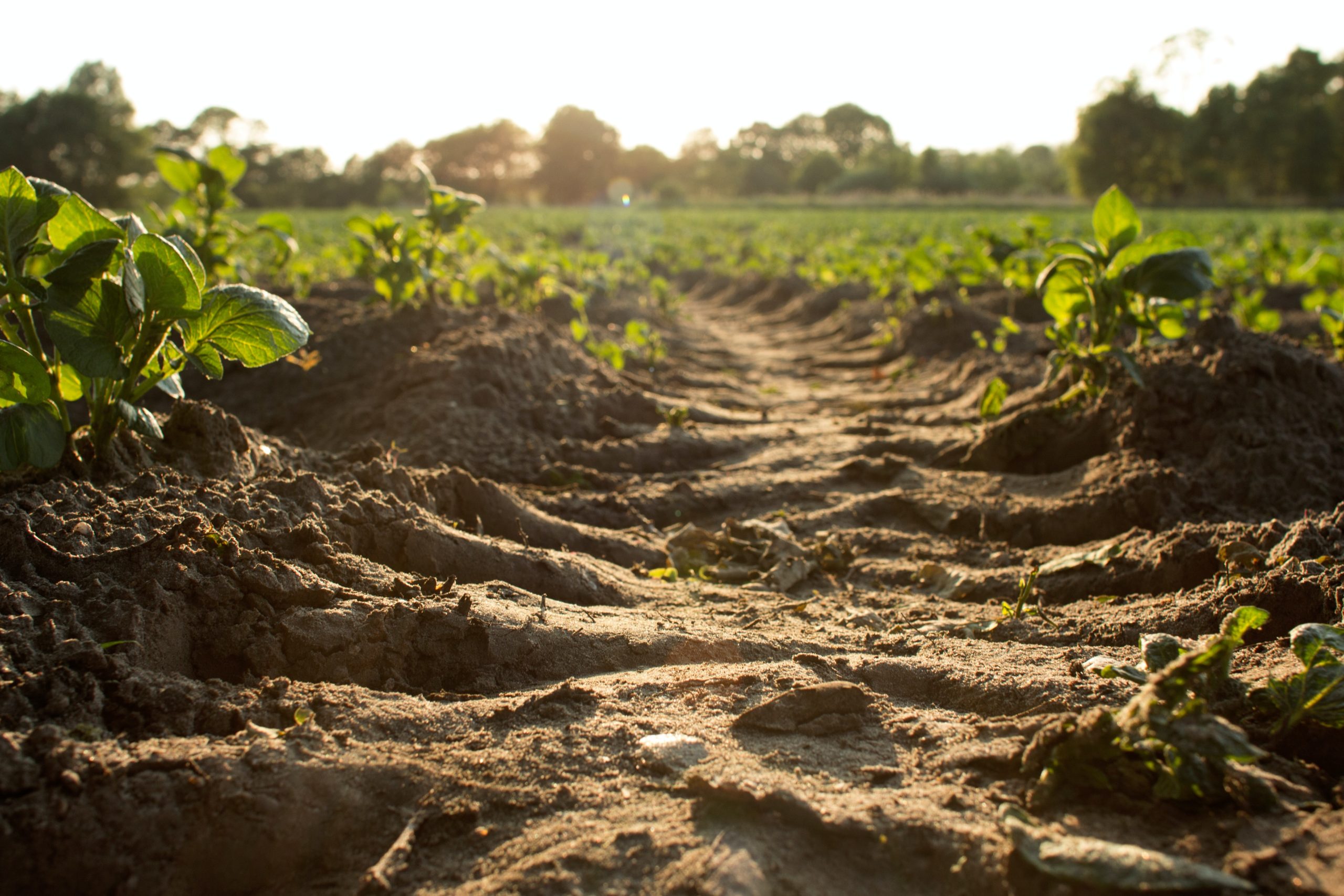This year’s Thanksgiving is a strange one: it comes amid what continues to feel like a penitential season, both because of COVID and because of America’s ongoing reckoning with its own past, and with its future together.
COVID had originally seemed to me as though it might be an almost welcome break from partisanship. The virus doesn’t discriminate. It doesn’t care what your race is or what your politics are. I originally thought mask-wearing could be a gesture to protect each other as Step One toward common ground.
Oh sweet summer child that I was.
Jake Meador contributes a piece to this week’s Breaking Ground about the way the pandemic has in some cases revealed the worst consequences of our individualism, even our solipsism: we don’t want to sacrifice for each other; we also don’t ever want to give each other the benefit of the doubt, or to even begin to attempt to be curious about each other’s mental worlds. Politics has become—this year more than ever—a matter of opposition between rigid sides, existing in epistemic bubbles, unable to make contact with each other. Meador says this division is antithetical to real politics, which is founded on the delights of actual companionship, of friendship and solidarity. And it is this friendship and solidarity that—in this year of COVID and the debates over responses to it, of conflicts over how to approach race and racism, and of painfully acute political division—has been particularly tested.
What I had hoped we would all see as an expression of nonpartisan solidarity—the wearing of a mask—has become, like virtually everything else, partisan. Pro-maskers see anti-maskers as brainwashed, anti-science goons who have no regard for the lives of others; anti-maskers see pro-maskers as brainwashed anti-liberty sheep who delight in self-righteous contempt of others, hypocritically prohibiting some gatherings while giving others a pass.
We have spent the year physically distanced from each other, immersed in highly politicized media aimed at convincing us that the Other Side literally wants Our Side dead. Literally. And we have begun to believe it.
The solution to political breakdown is only ever this: solidarity, and the building of actual friendship. We need each other to survive. But, as Meador writes,
the natural gregariousness of humanity is seen not merely in the form of a crying infant searching for its mother’s breast, in naked necessity, but also in the smiles shared between friends, the long-standing inside joke that always provokes laughter, the easy body language we adopt when with trusted, beloved people, an experience that many of us have so missed during the pandemic.
This week, many of us will not be able to gather around a Thanksgiving table with one another—with family who we know voted for The Other Guy, with friends. And this week, this year, it seems as though we need that physical gathering more than ever.
This is hard. And it does feel penitential.
But after penance, after a fast, comes a feast, and Christians know that we are bound together in a feast that transcends division, that is called by the name that means Thanksgiving: Eucharist.
And so this Thursday, let’s keep the feast, in gratitude for each other, for our friends and for our enemies, and for this year. Let’s keep it in one way or another, to whatever degree we can. And let’s not give up. Not on the basic fact of shared human nature, not on the benighted inhabitants of those Other States, not on our families who disagree with us, and not on returning to physically meeting together after it is safe to do so.
Our story is not over. We can get through this year of COVID, and of political division, and of racial reckoning. But we can only get through it together.






